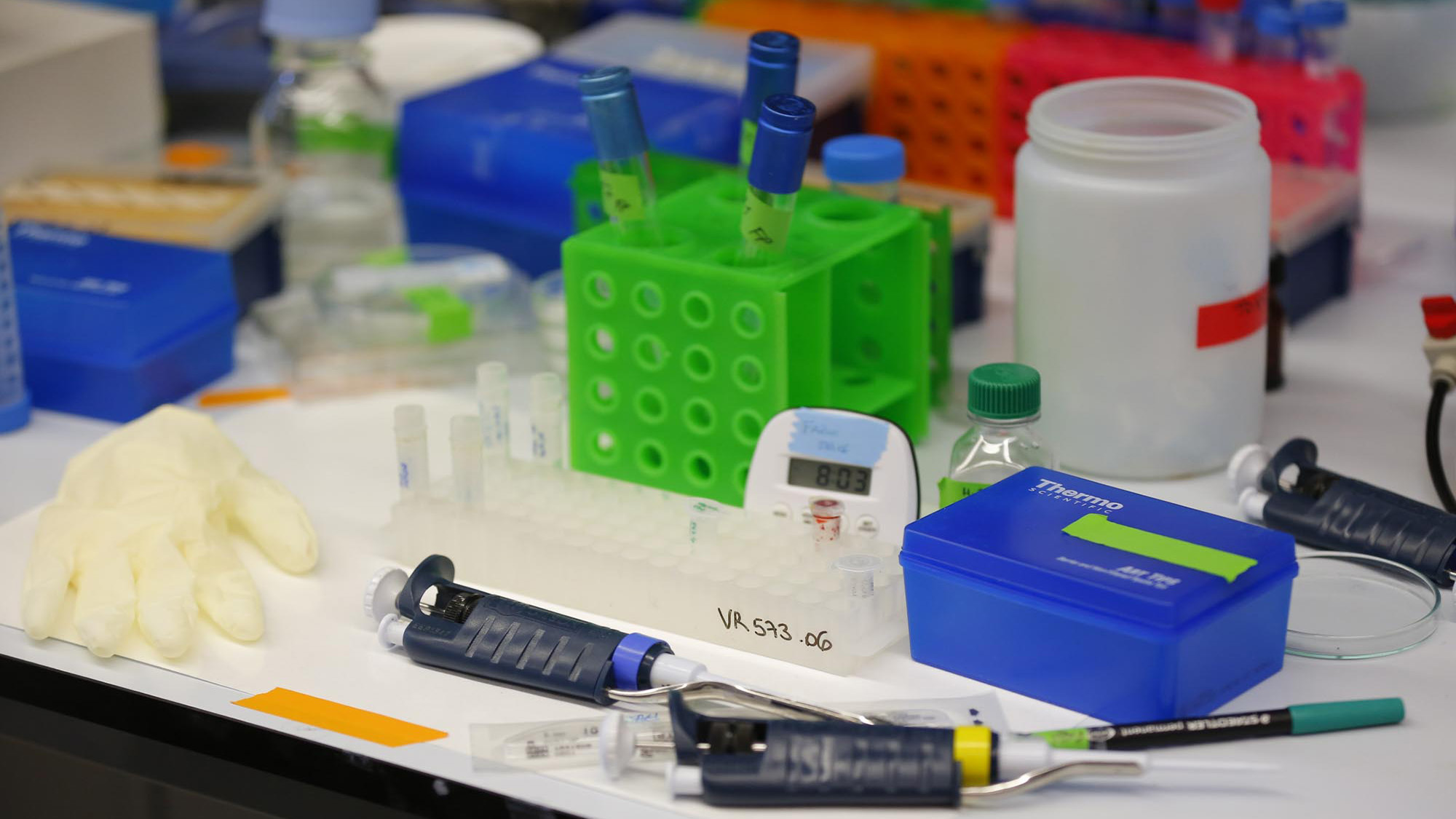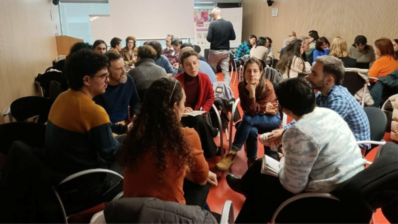Seven researchers from the Barcelona Biomedical Research Park (PRBB) centers have attracted, through very competitive grants and scholarships, a total of 9 million euros to carry out their projects.
Two teams from the Centre for Genomic Regulation (CRG) have received grants from the Fundación la Caixa in its fourth edition of its call for research projects in health.
- Luciano di Croce has obtained €990,000 to work, together with Jaume Mora from the San Juan de Dios Foundation, in a personalized therapy against a rare childhood cancer without a treatment so far, brain stem glioma. The project proposes the reconstruction of the tumor in 3D using personalized models of the patients in mice – something known as PDX-patient derived xenograft.
- Manuel Irimia, on the other hand, has obtained €500,000 to search for new therapeutic targets to treat diabetes. His group will analyze the role of microexons (small fragments of genetic material) in the control of beta cells in the pancreas, those responsible for generating insulin.
The PRBB has also been home to 5 of the prestigious ERC Starting Grants, aimed at young scientists who want to start their own groups. Out of the 3,272 proposals received by the European Research Council (ERC) from all over Europe, 436 (13%) will be financed with 1.5 million euros each. The researchers awarded with these grants in the park have been:
- Rosa Fernández, from the Institute for Evolutionary Biology (IBE: CSIC-UPF): her project “SEA2LAND” aims to study the evolution of terrestrial animals and unravel the genomic milestones involved in the passage from a marine origin to life on land. They will do this using genomics, transcriptomics and protein engineering tools.
- Daniel Richter, also from the IBE: with the GROWCEAN project, he aims to characterize the evolution and ecology of the most abundant eukaryotic microbial organisms in the oceans, by establishing laboratory cultures and sequencing their transcriptomes at the unicellular level.
- Arnau Busquets-Garcia, from the Hospital del Mar Medical Research Institute (IMIM): the aim of his project is to characterize the brain circuits involved in the coding and storage of the complex associative processes that determine our daily decisions and are the basis of brain disorders such as psychotic states. Therefore, he will use genetic, pharmacological and behavioral approaches in mice.
- Maria Bernabeu, from the European Molecular Biology Laboratory – Barcelona (EMBL Barcelona): with her Mal3D-BBB project, she aims to understand how malaria parasites damage the brain. Her team will create a 3D replica of the brain’s microvessels (known as the blood-brain barrier (BBB)) and then add immune system cells, immune signaling molecules, and clotting factors to analyze changes at the molecular, cellular, and tissue level. .
- Marc-Suarez Calvet, from the Pasqual Maragall Foundation and linked to the IMIM, will study biomarkers of dementia. Specifically, he seeks to identify age-associated blood factors as potential therapeutic targets for Alzheimer’s.







